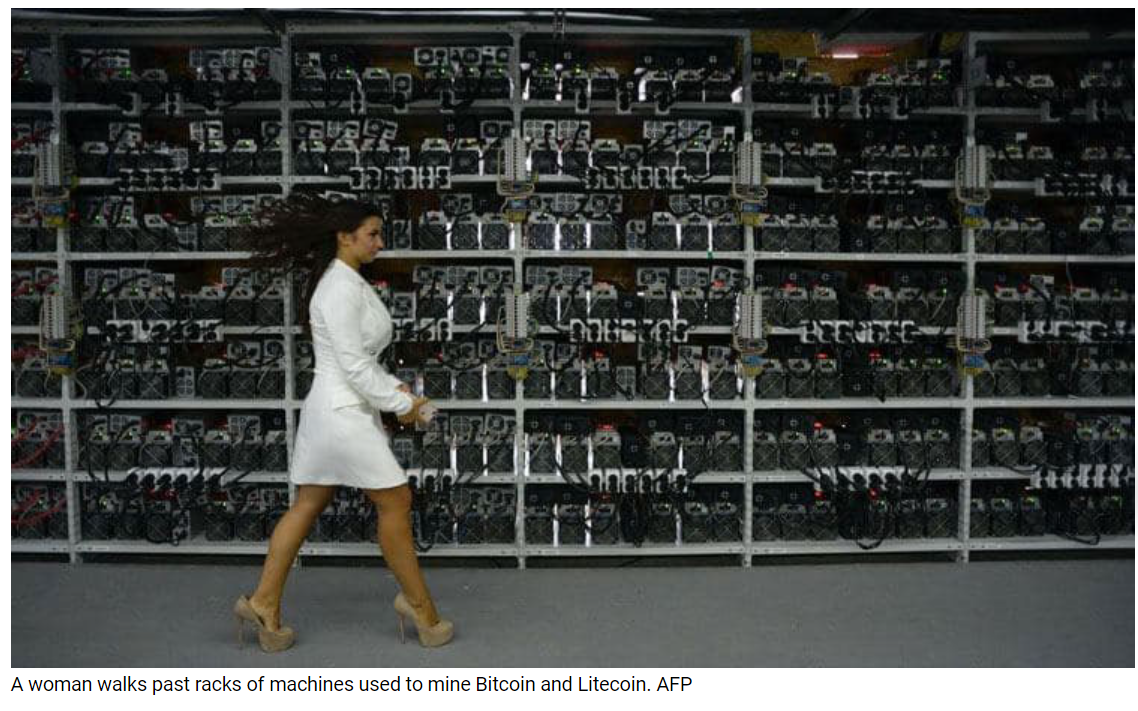Cambodia: Roxe tries to interest NBC in its Central Bank Digital Currency
Global payment network Roxe is trying to persuade the National Bank of Cambodia (NBC) to adopt its new Central Bank Digital Currency (CBDC). It says it will give qualifying central banks free access to the programme, which allows countries to issue secondary or primary sovereign, fiat currencies back by a standardised Bitcoin hashrate.
Fiat currencies are government-issued money that is not backed by assets such as gold. The hashrate is the total power used by computers to mine and process transactions on a proof-of-work cryptocurrency blockchain. The machines are essentially competing with each other to guess a number, which can take millions of guesses (hashes).
Roxe says adopting a hashrate-backed fiat currency will benefit small or developing countries who struggle to use their economies to manage their money supply without fuelling inflation.
A fiat currency backed by a hashrate “will allow… central banks to issue CBDCs, stabilise their economies by anchoring them to the Bitcoin economy, increase revenue and make faster, cheaper international payments and remittances,” Roxe said, adding that central banks such as the NBC can generate hashrate power by deploying or outsourcing Bitcoin mining equipment.
This may not prove popular as the tide turns against crypto mining because of the heavy use of power and the heat generated by banks of computers running 24 hours a day solving the complex puzzles required to create a hash.
Cryptocurrency monitoring platform Digiconomist estimates the carbon footprint of a year of Bitcoin mining at 73.7 million tonnes of carbon dioxide, comparable with the carbon footprint of Turkmenistan. It says the energy consumption, at 155.2 terawatt hours, is about the same amount of power used annually by Malaysia.
Roxe says Cambodia will benefit from their new CBDC because it is one of many developing countries that depends heavily on the dollar.
“Many countries have been ‘dollarised’, using USD to help stabilise their economies. Even so, many such countries have struggled to control inflation and still lack truly sovereign, national currencies,” Roxe said.
“Much like standardised units allow energy to be publicly traded, we are standardising the Bitcoin hashrate,” said Josh Li, chief business officer of Roxe. “Backing fiat currencies or CBDCs with Bitcoin hashrate is a more efficient and reliable way to help develop a country’s economy, facilitate cross-border remittances and payments for its citizens and improve the international distribution of its currency.”
Cambodia is already committed to weaning itself off the dollar in favour of its own currency, the riel. The central bank has also made forays into the digital economy with the creation of its Bakong electronic wallet.
NBC’s Director-General and the Bakong project lead Chea Serey, unavailable for comment yesterday, said last month Bakong’s electronic wallet reached 200,000 users in June, doubling from three months earlier. She said the adoption of Bakong has helped increase demand for the riel over the dollar. Roxe says its CBCD would complement rather than compete with Bakong. “This new programme enables a new currency backed by Bitcoin mining hashrate. So it does not conflict with Bakong,” said Roxe spokesman Eric Doyle. Serey may take some convincing. Although she stresses that Bakong is not a CBDC but a payment and money transfer service, she says she is very wary of anything related to Bitcoin because of the currency’s volatility. Bitcoin rose above $60,000 in February and April this year but tumbled later in April on concerns over government regulation and power cuts in China’s Xinjiang region, which was a hub for cryptocurrency mining at the time. More than half of all Bitcoins were mined in China over the past year, according to a study of hashers’ IP addresses. China’s crackdown on mining has pushed down the Bitcoin hashrate and sent many miners overseas in search of cheap, plentiful energy.
Source: https://www.khmertimeskh.com/50927887/roxe-tries-to-interest-nbc-in-its-central-bank-digital-currency/


 Thailand
Thailand




